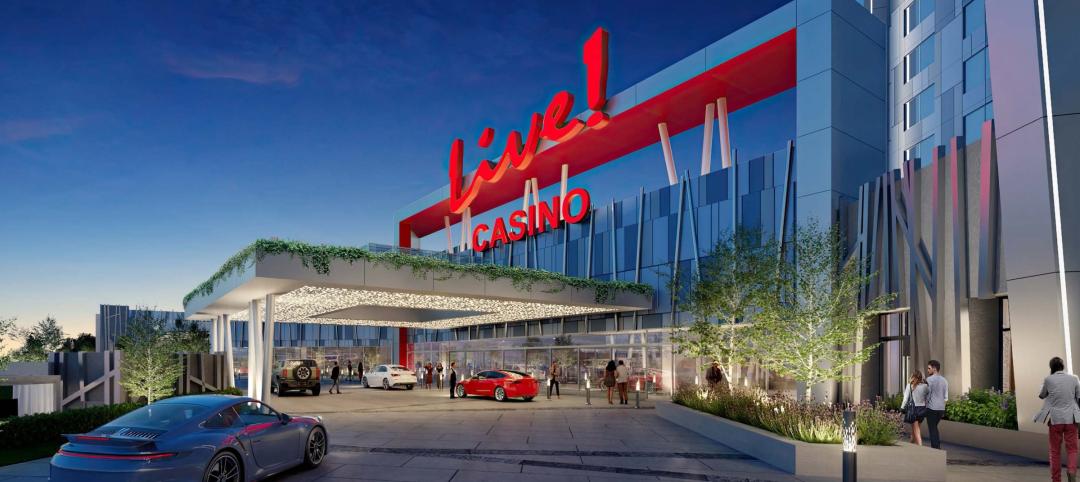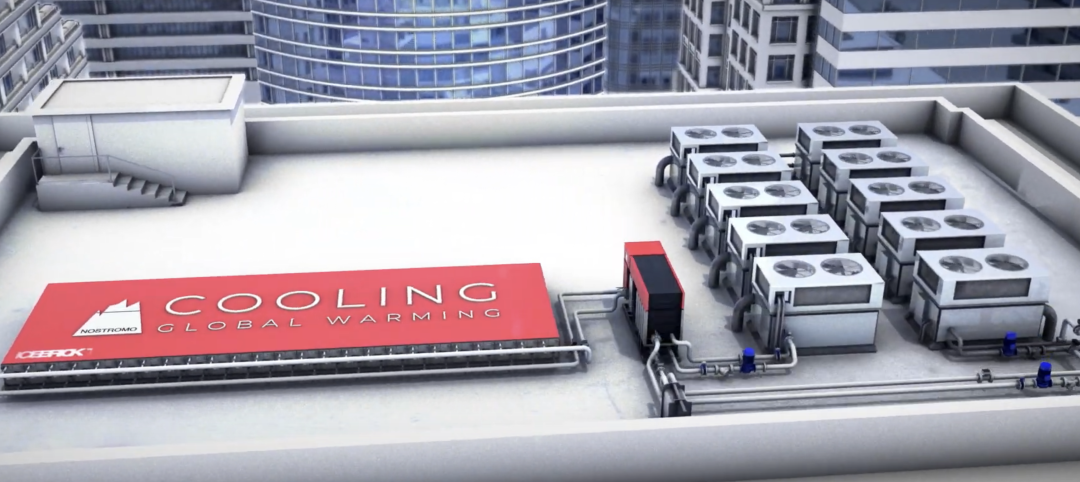The largest monthly gain in petroleum prices in over three years caused construction materials prices to expand 0.4 percent in February, ending a six-month streak when prices failed to rise, according to the March 13 producer price index release by the Bureau of Labor Statistics. On a year-over-year basis, construction input prices fell 3.9%. Nonresidential construction input prices also rose 0.4% on a monthly basis and were down 4.9% on a yearly basis.
"While conventional wisdom suggests that oil and natural gas prices will eventually rise, the adjustment period could be a lengthy one and although crude petroleum prices were up 12.3% on a monthly basis, this is likely a function of an abnormally cold February," said Associated Builders and Contractors Chief Economist Anirban Basu. "This rise is the first monthly gain since April 2014 and the eighth consecutive month in which petroleum prices were down on a year-over-year basis.
"For now, inventories of fuel remain elevated and most believe that the U.S. dollar's upward movement is not at an end," said Basu. "This, in addition to the quantitative easing that has begun in Europe and the potential for increasing interest rates in America, means that there is likely to be greater demand for U.S. fixed income assets, which will serve to further strengthen the U.S. dollar and put downward pressure on certain key construction input prices. This dynamic was widely apparent in February, during which prices for seven of the 11 key construction inputs failed to rise and no input other than crude petroleum increased in excess of one percent."

The following materials prices increased in February:
- Nonferrous wire and cable prices grew 0.8% on a monthly basis but fell 4.4% on a yearly basis
- Crude petroleum prices gained 12.3% in February but are down 53.4% from the same time last year.
- Crude energy materials prices expanded 0.9% in February but are 45% lower year-over-year.
- Concrete products prices expanded 0.2% in February and are up 4.3% on a yearly basis.
Seven of the 11 key construction inputs did not expand for the month:
- Prices for plumbing fixtures fell 0.1% in February but are up 3.0% on a year-over-year basis.
- Fabricated structural metal product prices remained flat for the month and have expanded 1.0% on a year-over-year basis.
- Prices for prepared asphalt, tar roofing, and siding fell 1.4% for the month but are up 1.7% on a year-ago basis.
- Iron and steel prices fell 5.4% in February and are down 10.6% from the same time last year.
- Steel mill products prices fell 1.8% for the month and are 3.6% lower than one year ago.
- Softwood lumber prices fell 3.7% in February and are 4.4% lower than one year ago.
- Natural gas prices fell 11.2% in February and are down 51.8% from one year ago.
Related Stories
Geothermal Technology | Jul 29, 2024
Rochester, Minn., plans extensive geothermal network
The city of Rochester, Minn., home of the famed Mayo Clinic, is going big on geothermal networks. The city is constructing Thermal Energy Networks (TENs) that consist of ambient pipe loops connecting multiple buildings and delivering thermal heating and cooling energy via water-source heat pumps.
High-rise Construction | Jul 29, 2024
Safdie Architects’ Shanghai office tower features glass-enclosed corner garden that ascends the 35-story structure
Safdie Architects has announced the completion of LuOne Mixed-Use Complex—a business, retail, and entertainment development in the Luwan district of Shanghai, China. The mixed-use complex consists of an eight-level retail galleria, which opened in 2018, and a 35-story office tower, which recently reached completion.
Casinos | Jul 26, 2024
New luxury resort casino will be regional draw for Shreveport, Louisiana area
Live! Casino & Hotel Louisiana, the first land-based casino in the Shreveport-Bossier market, recently topped off. The $270+ project will serve as a regional destination for world-class gaming, dining, entertainment, and hotel amenities.
Smart Buildings | Jul 25, 2024
A Swiss startup devises an intelligent photovoltaic façade that tracks and moves with the sun
Zurich Soft Robotics says Solskin can reduce building energy consumption by up to 80% while producing up to 40% more electricity than comparable façade systems.
Codes and Standards | Jul 25, 2024
GSA and DOE select technologies to evaluate for commercial building decarbonization
The General Services Administration and the U.S. Department of Energy have selected 17 innovative building technologies to evaluate in real-world settings throughout GSA’s real estate portfolio.
Great Solutions | Jul 23, 2024
41 Great Solutions for architects, engineers, and contractors
AI ChatBots, ambient computing, floating MRIs, low-carbon cement, sunshine on demand, next-generation top-down construction. These and 35 other innovations make up our 2024 Great Solutions Report, which highlights fresh ideas and innovations from leading architecture, engineering, and construction firms.
MFPRO+ News | Jul 22, 2024
Miami luxury condominium tower will have more than 50,000 sf of amenities
Continuum Club & Residences, a new 32-story luxury condominium tower in the coveted North Bay Village of Miami will feature more than 50,000 sf of indoor and outdoor amenities. The program includes a waterfront restaurant, dining terraces with resident privileges, and a private dining room outdoor pavilion.
Healthcare Facilities | Jul 22, 2024
5 healthcare building sector trends for 2024-2025
Interactive patient care systems and trauma-informed design are among two emerging trends in the U.S. healthcare building sector, according to BD+C's 2024 Healthcare Annual Report (free download; short registration required).
Office Buildings | Jul 22, 2024
U.S. commercial foreclosures increased 48% in June from last year
The commercial building sector continues to be under financial pressure as foreclosures nationwide increased 48% in June compared to June 2023, according to ATTOM, a real estate data analysis firm.
Codes and Standards | Jul 22, 2024
Tennessee developers can now hire their own building safety inspectors
A new law in Tennessee allows developers to hire their own building inspectors to check for environmental, safety, and construction violations. The law is intended to streamline the building process, particularly in rapidly growing communities.
















